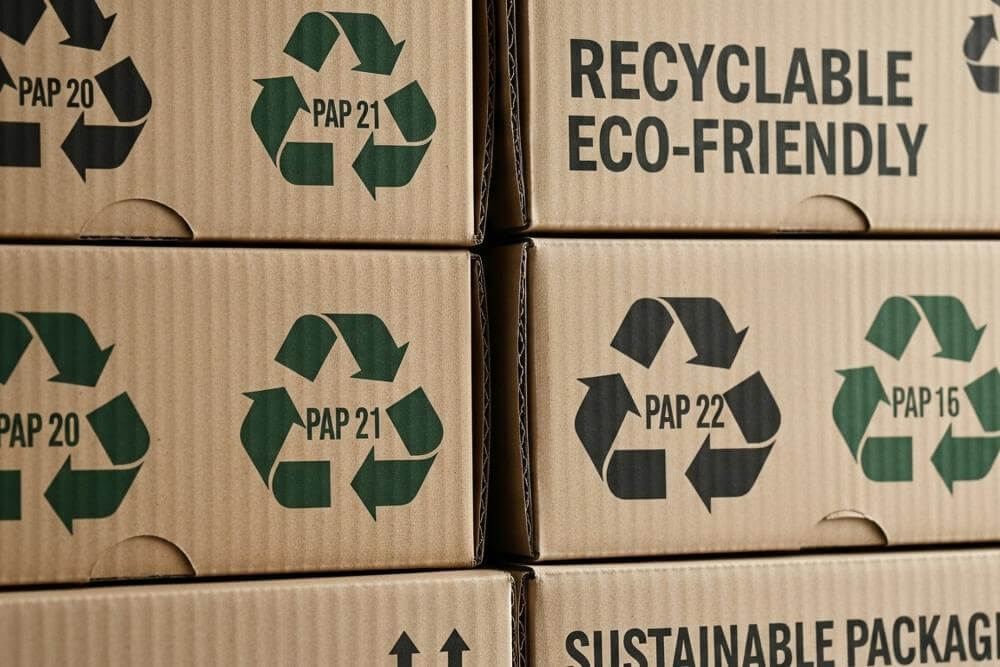
Carbon offsetting enables individuals and organisations to compensate for their greenhouse gas emissions by investing in projects that reduce or remove greenhouse gas emissions from the atmosphere. We always recommend that you should first focus on understanding your emissions, record correctly and accurately then discuss a credible offsetting strategy.
Knowledge is power. First, it’s important to calculate your carbon footprint, which is the amount of greenhouse gas emissions that are generated from your activities, such as travel, energy consumption, or manufacturing. We recommend understanding all 3 scopes of your organisations emissions. Once your carbon footprint has been calculated, you will know how great or small the challenge ahead and be able to start planning to tackle the higher emission areas of your operations as a priority.
When seeking offsetting opportunities, it is important to purchase carbon credits or offsets from a verified carbon offsetting programme. These will include projects verified by the Gold Standard, Verra and ICROA. A carbon offsetting carbon programme may allow you to invest in activities such as reforestation, renewable energy projects, or energy efficiency improvements to help you to offset your carbon emissions.
The idea behind carbon offsetting is that it provides a way to reduce greenhouse gas emissions on a global scale, even if individual or organisational emissions cannot be eliminated completely. It can also help to fund sustainable development projects and provide economic benefits to local communities. However, it is important to note that carbon offsetting should not be seen as a substitute for reducing emissions at source-level. Rather, it should be used as part of a broader strategy to address climate change and reduce greenhouse gas emissions.
The effectiveness of carbon offsetting depends on a number of factors, such as the quality of the carbon offset projects being supported and the transparency and accountability of the carbon offsetting programme that you support. To ensure that carbon offsetting is effective, it is important to choose a reputable programme that adheres to best practices for carbon accounting and verification, and to ensure that the projects being supported are truly providing real emissions reductions or removals.
Carbon offsetting offers a wealth of opportunities to support communities, benefit biodiversity and support forward-looking, energy efficient projects. Whether you are interested in saving ecosystems or supporting grass-roots community projects, there is a wealth of programmes that you can be proud to invest in.
As Sir David Attenborough said in his address to delegates at the COP 26 UN climate conference in Glasgow: “If working apart we are a force powerful to destabilise our planet, surely working together we are powerful enough to save it…in my lifetime I’ve witnessed a terrible decline. In yours, you could and should witness a wonderful recovery.” Carbon offsetting can help you to become part of that recovery.

Developing an EPD can ensure you meet tender requirements, as well as providing an opportunity to understand and reduce the true environmental impact of your products.

Understanding the Transition from SECR to UK SRS. The UK government is replacing the current Streamlined Energy and Carbon Reporting (SECR) framework with the more comprehensive UK Sustainability Reporting Standards (UK SRS).

As part of its Net Zero Supplier Roadmap, the NHS has announced that by April 2027, all suppliers, including those providing food, medical products, and services, will be required to submit a comprehensive Carbon Reduction Plan (CRP).

Carbon Sense is your expert partner in carbon reduction. We support UK organisations to understand, measure, and reduce their carbon footprint, save energy, and make sense of sustainability. With a practical, no-nonsense approach, we help you achieve Net Zero goals while protecting your bottom line.

"We are excited to support the awards this year and are honoured to sponsor the Carbon Positive category. At this crucial time, carbon mitigation and an embedded strategy to achieve Net Zero are vital to avoid further climate change catastrophes".

In a world increasingly focused on sustainability, Carbon Literacy has emerged as an essential tool for businesses seeking to reduce their environmental impact. Carbon Sense understands the value and benefits of Carbon Literacy Training whether for a team within your business, or for your entire organisation.

A carbon reduction or decarbonisation plan is a set of strategies and actions that an organisation, community, or government implements to reduce its carbon footprint and mitigate the effects of climate change.

Carbon credits, and their differences, is a frequent topic of discussion. When developing a sustainability strategy or communicating about sustainability, its essential for businesses to understand these differences

Pathway to Net Zero, launched in November 2023 is a fully funded support programme helping businesses adopt more environmentally conscious processes and move towards becoming Net Zero.

The future still remains uncertain so considering options to reduce energy consumption to rely less on the grid is becoming more and more necessary.

Climate change has become a key issue for us all. With scientific reports being released every day, we now know more about the changes that are happening to the Earth’s systems.

The impact of the industrial revolution has created a climate where pretty much all our activities have an impact on the environment.

By reducing your organisation’s carbon footprint you can reduce your impact on the environment and resources.

There is a wealth of research being undertaken by the leading academics studying climate change and assessing how we can build climate resilience and reduce risk.

It is important to get good advice to ensure that you avoid the common pitfalls and have a plan that works for you and achieves genuine environmental benefits.